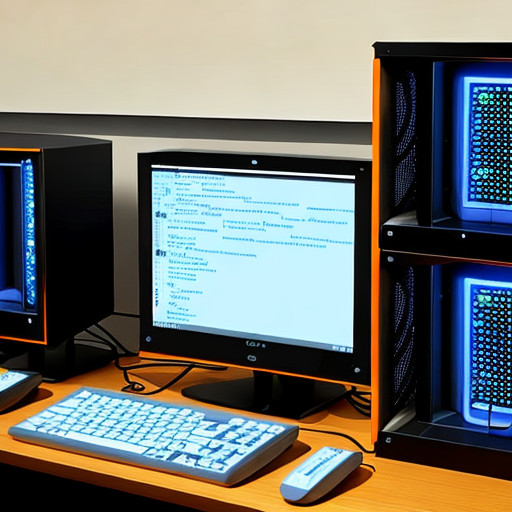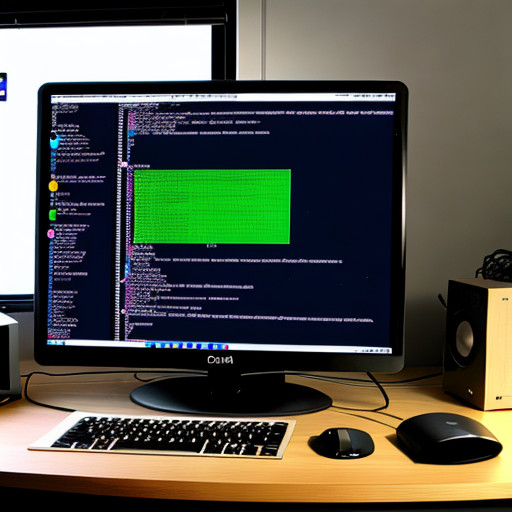Setting Priorities
Effective time management begins with setting clear priorities. Identify your most important tasks and allocate time accordingly. A clear sense of direction ensures efficient time allocation. Use tools like to-do lists or project management software to keep track of your priorities. Regularly update your list as priorities shift. Remember that setting priorities isn't just about work; it's also about maintaining a work-life balance. Allocate time for personal tasks and relaxation. By mastering the art of setting priorities, you can maximize your productivity and reduce stress in your software development journey.

Time Blocking
Use time blocking to dedicate specific periods for coding, meetings, and breaks. This helps maintain focus and prevents multitasking. Time blocking is a powerful technique for software developers. Allocate dedicated blocks of time to specific tasks or projects. During these blocks, focus exclusively on the task at hand, eliminating distractions. This approach enhances concentration and efficiency. Plan your day with time blocks that suit your natural energy levels. Reserve breaks between blocks to recharge and maintain productivity throughout the day. Experiment with different time-blocking strategies until you find what works best for you. Adjustments may be necessary as project requirements change. Embrace time blocking as a key tool in your productivity arsenal to achieve your software development goals.

Eliminating Distractions
Avoid distractions by turning off non-essential notifications, creating a dedicated workspace, and setting specific "do not disturb" hours. Distractions can derail a software developer's productivity. Create a distraction-free workspace to enhance your concentration. Turn off non-essential notifications on your devices to minimize interruptions. Establish specific "do not disturb" hours to protect your focus time. Consider noise-cancelling headphones to block out background noise. Regularly review and optimize your workspace to eliminate potential distractions. By taking proactive steps to eliminate distractions, you can significantly boost your coding efficiency and overall productivity.

Regular Self-assessment
Periodically evaluate your productivity methods and make adjustments as needed. Stay adaptable and open to new tools and techniques. Regular self-assessment is essential for continuous improvement as a software developer. Reflect on your work habits and identify areas for enhancement. Seek feedback from colleagues or mentors to gain valuable insights. Keep a journal to track your accomplishments and setbacks, allowing you to spot patterns and make informed adjustments. Embrace a growth mindset and be open to learning new techniques and tools. Regularly evaluate your productivity methods and make adjustments as needed. Stay adaptable and open to new tools and techniques to remain at the forefront of the ever-evolving software development landscape.
